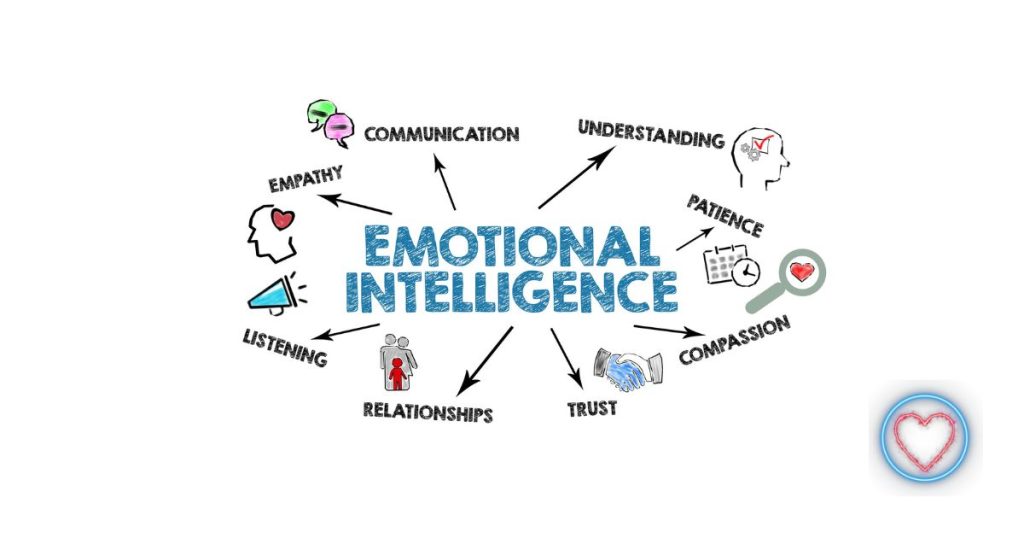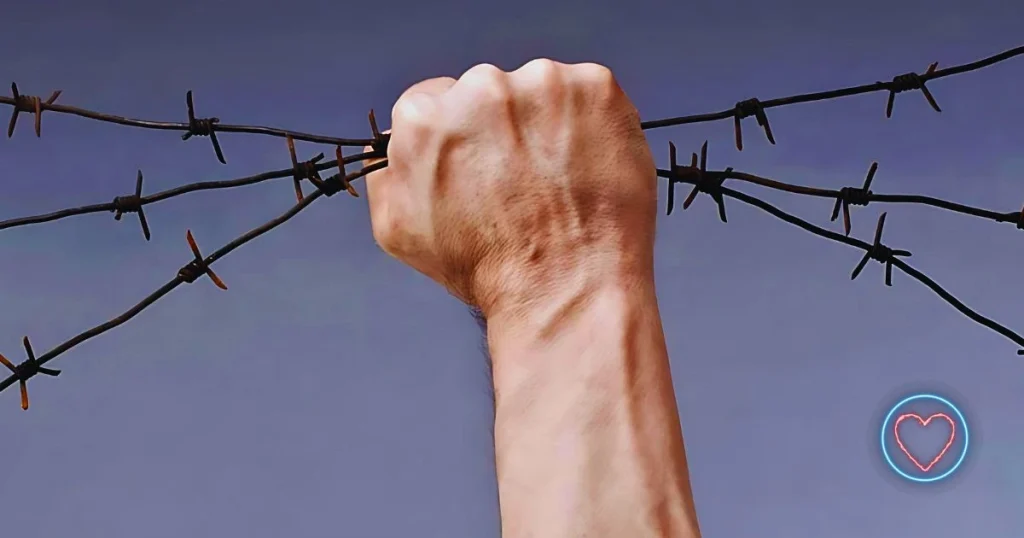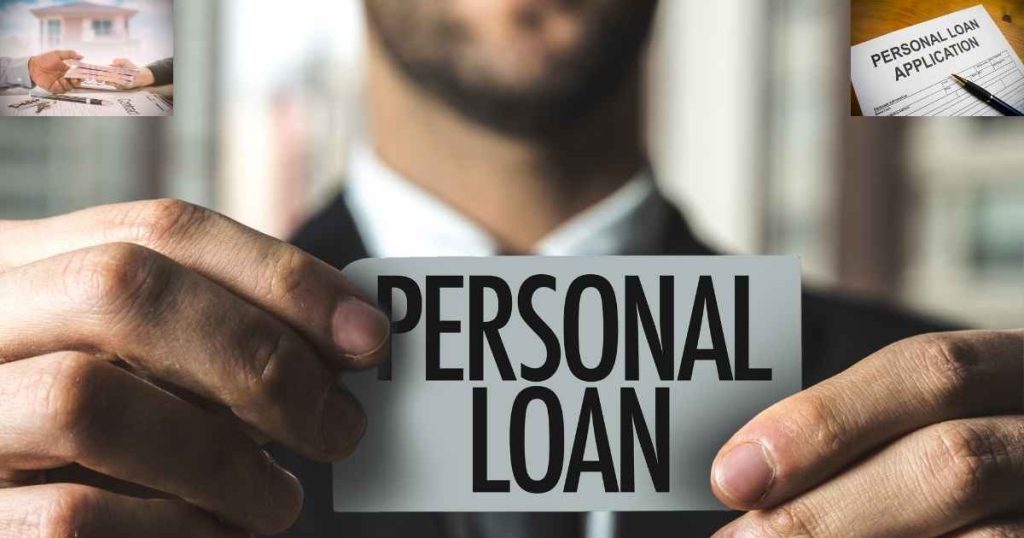Emotional abuse can leave deep scars that affect your self-esteem, relationships, and overall well-being. It’s a painful experience that often goes unnoticed by others, and healing from it can be a long, complex journey. However, healing is possible, and recognizing the signs of recovery is crucial to reclaiming your life and sense of self.
If you’re moving past emotional abuse, you may notice subtle yet powerful changes in how you think, feel, and interact with others. These signs show that you’re regaining control over your emotions and rebuilding your inner strength.
In this article, we’ll explore 15 signs you’re healing from emotional abuse—markers of growth, resilience, and hope.
1. You Start to Trust Your Own Feelings
One of the first signs of healing is learning to trust your emotions again. Emotional abuse often causes you to doubt your feelings or label them as wrong. As healing begins, you become more attuned to your emotional landscape and start honoring your feelings as valid and important.
You no longer suppress or ignore your emotions but listen to them with compassion.
2. You Set Healthy Boundaries
Healing involves reclaiming your personal space and limits. You learn to say no and protect yourself from harmful behaviors or people. Setting boundaries is empowering and essential to prevent further abuse.
This is a major shift from the fear and helplessness often felt during abuse.
3. You Recognize Manipulative Behavior
As you heal, you become more aware of toxic or manipulative tactics used by others, including gaslighting, guilt-tripping, or control.
This awareness allows you to avoid falling into the same harmful patterns again and to protect your mental health.
4. You Forgive Yourself for Past Mistakes
Emotional abuse often leaves victims blaming themselves. Healing means releasing that guilt and understanding that you did your best under difficult circumstances.
You start to practice self-forgiveness, which is vital for moving forward.
5. You Feel More Confident in Making Decisions
During abuse, your confidence and autonomy are often undermined. As you recover, you regain trust in your judgment and become more decisive.
You feel empowered to make choices that serve your well-being.
6. You Surround Yourself With Supportive People
Healing encourages you to build a positive support network. You seek relationships with people who respect and uplift you, rather than those who drain or manipulate you.
This shift helps create a safe emotional environment for your continued growth.
7. You Practice Self-Care Consistently
Self-care becomes a priority in your healing journey. Whether it’s physical care, hobbies, meditation, or therapy, you actively nurture your body and mind.
This commitment to self-care reflects growing self-respect.
8. You Notice Reduced Anxiety and Fear
Emotional abuse often causes chronic anxiety or fear. One sign of healing is experiencing moments of calm and reduced worry about potential threats or rejection.
You start to feel safer within yourself and your environment.
9. You Learn to Communicate Openly and Honestly
Healing enables you to express your needs and feelings without fear of judgment or retaliation.
You practice assertiveness and feel more comfortable having honest conversations, which builds healthier connections.
10. You Stop Apologizing Excessively
Constant apologies are common in abuse survivors who feel responsible for everything that goes wrong. Healing means recognizing when apologies are necessary—and when they’re not.
You stop over-apologizing and start valuing your own presence.
11. You Reclaim Your Identity
Abuse can make you lose sight of who you are. As you heal, you reconnect with your passions, values, and desires.
You rediscover your sense of self beyond the trauma.
12. You Accept That Healing Is a Process
Healing from emotional abuse isn’t linear. You may experience setbacks or painful memories. However, accepting this process itself is a sign of growth.
You become patient and gentle with yourself, understanding that healing takes time.
13. You Let Go of Toxic Relationships
One of the most empowering signs of healing is ending relationships that no longer serve your well-being.
You recognize that sometimes walking away is necessary for your mental and emotional health.
14. You Set Goals and Look Toward the Future
Healing inspires hope and motivation. You begin setting goals for yourself, whether personal, professional, or emotional.
Looking forward signifies that you believe in your ability to create a better life.
15. You Experience Moments of Joy and Peace
Finally, one of the most profound signs of healing is rediscovering joy and peace.
Even small moments of happiness—like laughter, connection, or contentment—show that your spirit is recovering and thriving.
Why Recognizing These Signs Matters
Healing from emotional abuse can feel overwhelming, and progress might be slow or invisible at times. Recognizing these signs helps you celebrate small victories and maintain hope.
Each sign is proof that you are reclaiming your power, rebuilding your self-worth, and creating healthier patterns.
What to Do to Support Your Healing
- Seek Therapy or Counseling: Professional help can guide you through trauma and provide tools for recovery.
- Build a Support System: Surround yourself with trusted friends or support groups.
- Practice Mindfulness: Meditation and mindfulness help you stay present and reduce anxiety.
- Engage in Creative Outlets: Art, writing, or music can be therapeutic ways to express and process emotions.
- Prioritize Physical Health: Exercise, nutrition, and rest support your overall well-being.
Conclusion
Healing from emotional abuse is a brave and transformative journey. The 15 signs above highlight that healing is possible and happening, even if progress feels slow.
If you notice these signs in yourself, know that you are moving toward freedom, self-love, and peace. Keep nurturing your healing process, because you deserve a life filled with respect, kindness, and joy.










